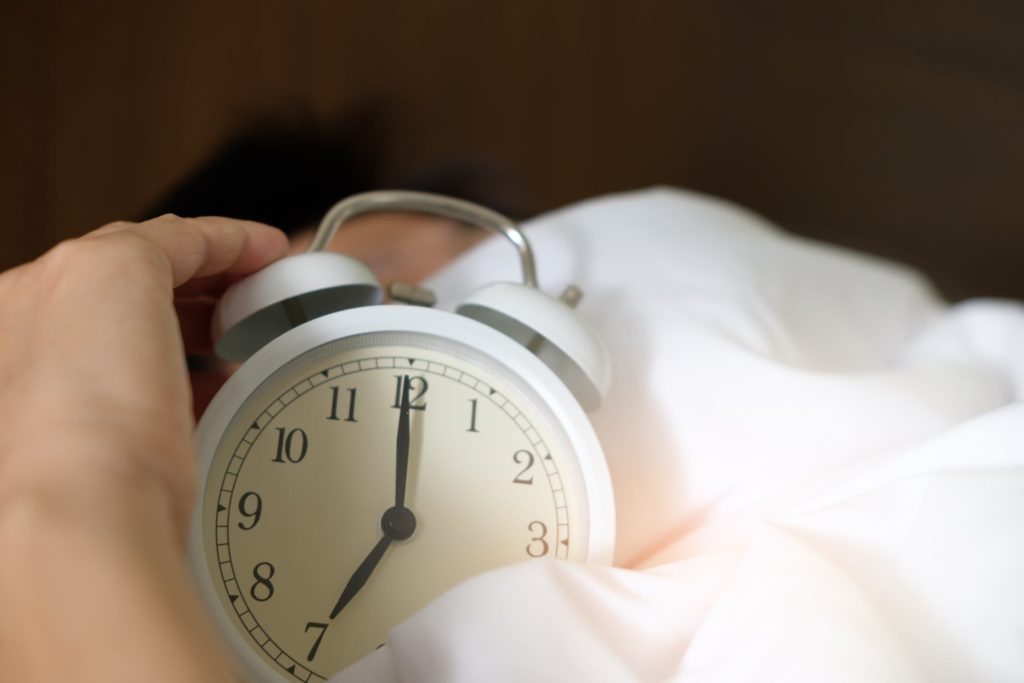Why Sleep Is Equally as Important as Exercise and Diet
Elise Morgan
Image by pexels
When trying to lose weight or even just maintain a healthy one, it is crucial to recognize just how important sleep is when comparing it to diet and exercise. With this said, there are unfortunately still many people that are not getting enough sleep – in fact – around 30% of adults are getting less than six hours of sleep per night on average.
If you’re working hard at the gym and eating all the right foods but skimping out on sleep, you’re most likely not seeing the results that you want. Without enough shut-eye in your health routine, you will not only experience unwelcomed food cravings, but it can also impede on the progress that you were making in the gym.
This isn’t to say that diet and exercise aren’t important when trying to attain healthiness, but without sleep, progress may never be reached. Here are the reasons why sleep is just as important as diet and exercise.
Sleep vs. Exercise
We’ve all tried to power through a workout late at night or early in the morning even though we can barely keep our eyes open. Even when we do end up completing the workout, the results almost never go as well as planned, as we feel tired and lethargic almost the whole time. When we get less than 7 hours of sleep at night, we tend to shorten our workouts – or not even begin them in the first place. Not getting enough sleep can lead to a lack of motivation to get started and increases your fatigue throughout the workout, mainly because your hormones become unstable, impacting your energy levels.
Conversely, when we do get enough sleep it doesn’t only give us the drive and grit to power through the workout, but it gives us the energy to have a successful day complete with boosted concentration and dynamism. Nonetheless, sleep and exercise go hand in hand – without one, the other suffers. When you work out efficiently, it’s a known fact that it will help you sleep more soundly at night, and when you sleep efficiently, you will have a better, more invigorating workout.
Sleep vs. Diet
Getting enough ZZZs at night is also helpful when considering our food intake, not to mention the kinds of food that we want to eat as well. When we are only getting a shortened amount of sleep, we usually start to crave snack food, with sweet snacks being the particular culprits. This is because with restricted amounts of sleep, glucose levels begin to reach pre-diabetic levels, leaving us craving those infamous sugary treats.
There’s a physiological reason why those that are sleep-deprived have an increased appetite. Two important hunger hormones, ghrelin and leptin, are affected greatly by the amount of sleep that one gets. Ghrelin is released in the stomach that tells the brain when it is hungry, with levels being higher before eating and lower after eating. Leptin is released from fat cells and tells the brain when one is full.
Without adequate sleep, the body increases ghrelin production and lessens leptin, leaving you feeling desperate for food. In fact, of those that slept for shorter durations, the group presented a “14.9% higher ghrelin levels and 15.5% lower leptin levels than those who got adequate sleep.” It is important to note that short sleepers also had higher BMIs as well.
How to Get Better Sleep
The American Sleep Foundation recommends that those between ages 18 and 64 should get between 7 and nine hours of sleep every night, with the necessary amount increasing with age. Your sleep cycle will be unique to you but consider the following suggestions for getting better sleep in the future.
Improve Your Sleep Environment – Your bed sheets should give you enough room to stretch and rotate in a comfortable manner without leaving you tangled. If you find yourself waking up sore and groggy, try experimenting with different levels of firmness in your mattress, foam toppers, and pillows to provide the right amount of support for you.
Control Your Exposure to Light – The amount of light that you are exposed to impacts your levels of melatonin, which helps to regulate your sleeping cycle. This means that when it’s dark, your body will feel sleepier as melatonin increases. By cutting out excessive light right before bedtime, you can help your body feel the tiredness it needs to get a good night’s rest and wake up feeling energized.
Create a “Wind-Down” Routine – We all experience stress and anxiety to some extent due to external factors out of our control, ultimately alter our sleep quality for the worse. Be intentional about clearing your head before hopping into bed to reduce overstimulation of the brain and avoid a wandering mind during important times of needed rest.





